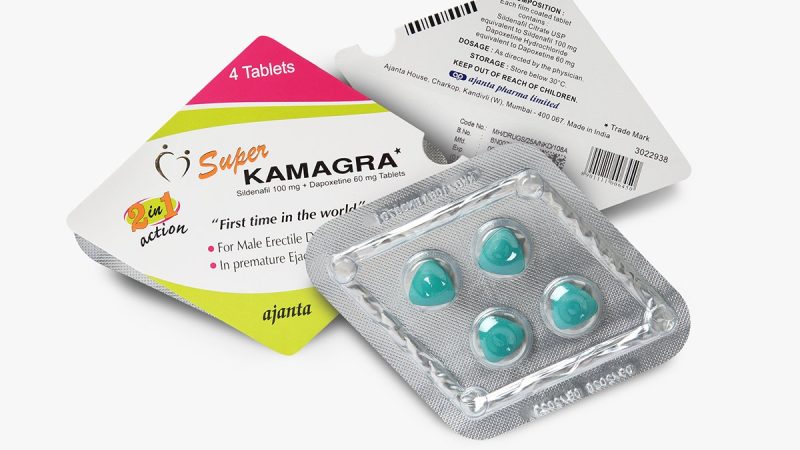Top 9 Tips on How to Prevent Kids’ Ear Infections

Ear infections are common among kids. Five in six children have at least one ear infection before turning three years old.
It is essential that parents and caregivers understand the symptoms, causes, treatment, and prevention of childhood ear infections.
You can take various steps to help prevent your little one from getting ear infections.
Other options for preventing or treating baby ear infections include plant-based oil for kids’ ears, herbal oil for kids, and kids tablets for healthy inner ears. Click here to know more.
What Are Inner Ear Infections?
Inner ear infections involve infection of the middle ear. Bacteria typically cause these infections when fluid builds up behind the eardrum. Ear infections, or otitis media (OM), are most common among children.
Types and Symptoms of Ear Infections in Kids and What Causes Them
Here are the three main types of ear infections and ear pain in kids and the reasons why kids get ear infections:
Acute otitis media (AOM): The middle ear becomes swollen and infected, and fluid builds up behind the eardrum, causing an “earache.”
Otitis media with effusion (OME): OME happens when fluid remains trapped behind the eardrum after an ear infection. This ear infection may produce no symptoms.
Chronic otitis media with effusion (COME): COME transpires when fluid remains in the middle ear long-term or repeatedly returns. COME may affect a child’s hearing.
Common ear infection symptoms in kids include:
- Ear pain at night or during the day
- Fever
- Irritability
- Difficulty sleeping
- Rubbing or tugging on an ear
Natural Remedies to Ear Infections
Natural treatments to prevent ear infections include:
- Hot or cold compress
- Xylitol (natural alcohol)
- Homeopathy (self-curing medical system)
- Probiotics (beneficial microorganisms)
- Sleeping on two or more pillows
Natural remedies may prevent ear infection side effects caused by prescription medicines with synthetic ingredients.
Meanwhile, consulting with your child’s doctor is advisable before starting new dietary supplements.
Tips to Help Prevent Children’s Middle Ear Infections
You can select from various methods to help prevent ear infections:
1. Prevent Ear Infections by Preventing Colds
This preventative measure is particularly essential during a newborn’s first year of life. Due to their developing immune system, they’re more susceptible to colds. It’s thus critical to prevent ear infections by preventing colds.
Colds and flu are prevalent during the winter. For this reason, it’s especially crucial to prevent colds and flu in children during the cold winter months.
Here are some guidelines you and your child can follow to help prevent colds:
- Don’t share foods, utensils, drinking cups, or toys
- Wash hands frequently
- Delay the use of big daycare centers
2. Hold Your Baby at an Upright Angle When Bottle-Feeding
In other words, the baby’s head should be higher than their stomach.
Bottle-feeding your baby in a horizontal position may cause the formula to flow back into the Eustachian tube. This small passageway is located between the throat and middle ear.
Permitting your baby to hold their own bottle can also cause milk to drain back into the middle ear.
You can help prevent this problem and thus prevent ear infections by breastfeeding your newborn and infant during their first year.
3. Control Allergies
Allergies are common causes of ear infections in children and are more common if there’s a family history of allergies.
Unfortunately, you can’t control every environmental substance to which your child is exposed. A better approach is to monitor your child for allergy symptoms.
Allergic reactions may produce inflammation and mucus, possibly blocking the Eustachian tube and making infections more likely.
4. Prevent Smoke Exposure to Prevent Ear Infection in Children
Ensure your child isn’t exposed to secondhand smoke and other sources. The U.S. Surgeon General stated in 2006 that smoke exposure could be connected to ear infections.
Possible causes include reduced ineffectiveness of the mucous-cleaning mechanism and inflammation of Eustachian tubes.
Preventing smoking in your home and vehicle is advisable. Consider schools or daycare centers that are tobacco-free zones.
5. Get Your Child Vaccinated
Ensure your child’s immunizations are up-to-date if they’re at least six months old. These vaccines include the influenza vaccine or flu shot.
Consult with your child’s physician about other vaccines that can help prevent ear infections. Getting vaccinated may consequently help prevent ear infections.
6. Decrease Pacifier Use
Pacifiers may be linked to higher rates of ear infections in toddlers. One hypothesis is that the sucking may prevent the Eustachian tube from functioning correctly.
Signs of ear infection in toddlers and babies include:
- Crying and irritability
- Difficulty sleeping
- Tugging or pulling the ear
- Fever, especially in younger children
- Fluid draining from the ear
- Difficulty hearing or responding to auditory cues
- Loss of balance
The American Academy of Pediatrics (AAP) recommends that mothers wean their babies from pacifiers during the second six months of life to help prevent middle ear infections.
7. Breastfeed Your Baby
Consider this option during the initial 6 to 12 months of life. Antibodies in breast milk reduce the rate of ear infections.
The antibodies contain high amounts of “first milk,” known as colostrum. However, all breast milk contains antibodies, which help keep your baby healthy.
Many health experts recommend breastfeeding your baby during the first six to 12 months of their life. The reason is that antibodies in breast milk may reduce the risk of ear infections.
8. Monitor for Mouth Breathing and Snoring
Large adenoids may cause breathing through the mouth or constant snoring. Adenoids are glands above the roof of the mouth.
A physician can conduct a test to determine if your child has this condition. In some cases, doctors advise surgery to remove the adenoids.
9. Practice Regular Hand-Washing
Both adults and children ought to wash their hands using soap and clean running water. This step can help prevent the spread of germs that cause ear infections and colds.
If you or your child has a cold, it’s critical to wash hands after sneezing, coughing, or blowing the nose. Hand-washing may help prevent the spread of the cold virus.
Final Thoughts
Even if you take preventive measures, your child may still develop ear infections. If the infections become recurrent, your child may need a checkup by an ear, nose, and throat specialist.
However, going to the chiropractor is a top recommendation. Professional chiropractic care may help prevent ear infections by improving drainage in the ears.
Ear drops containing mullein and garlic can also provide a powerful all-natural aid for your kids’ ear health. These ear drops are particularly beneficial for earaches and safe for children.







